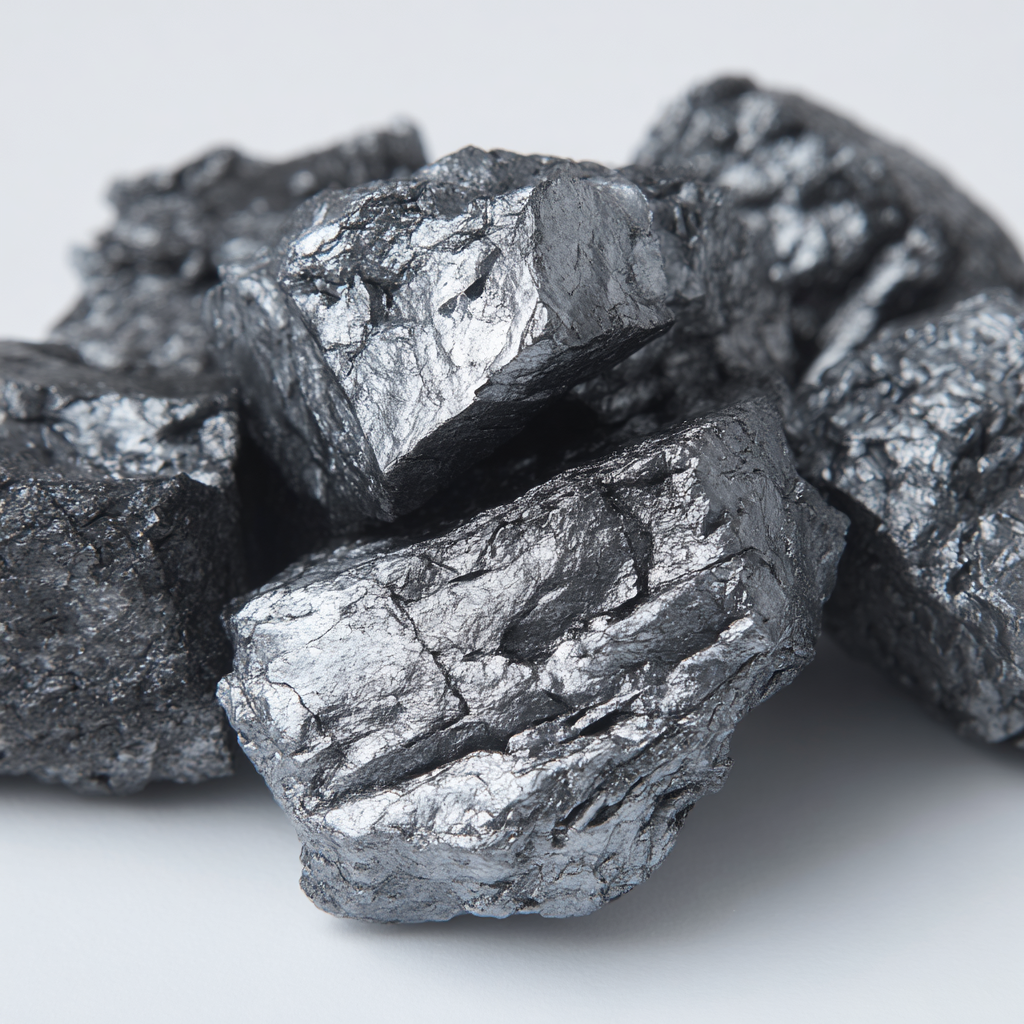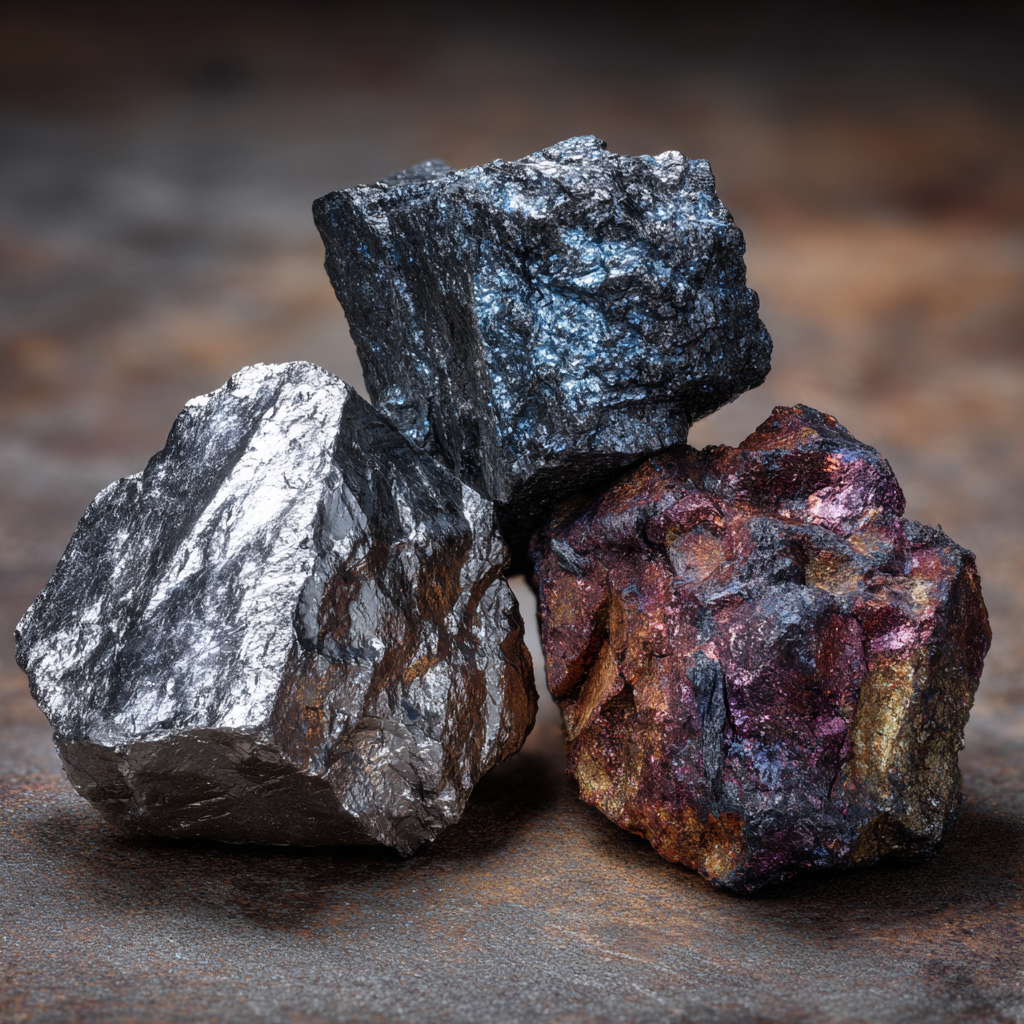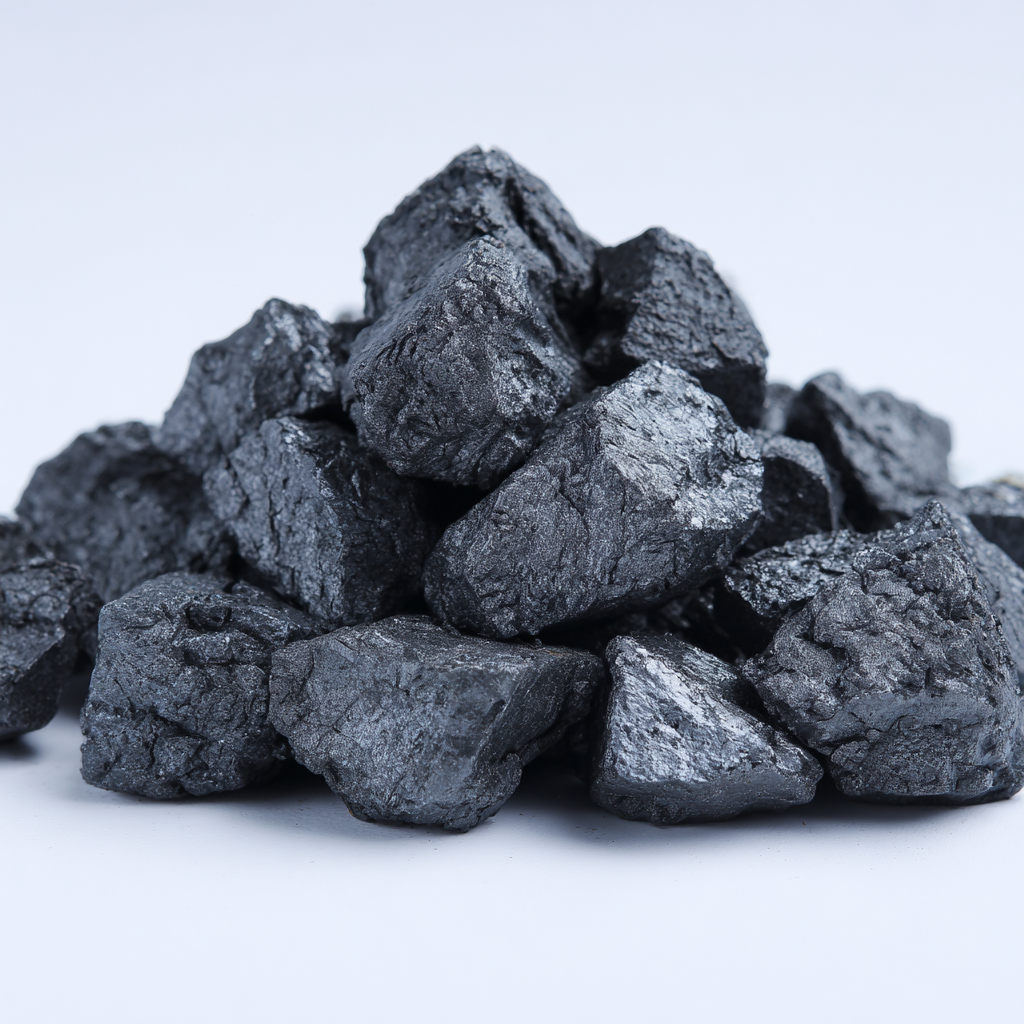Leave Your Message
In the ever-evolving landscape of industrial materials, the selection of the right components can significantly influence product quality and operational efficiency. One such critical material is Silicon Manganese, a key alloy utilized in the production of high-strength steel and various other industries. As the demand for high-performance materials grows, understanding the unique properties and applications of Silicon Manganese becomes essential for manufacturers aiming to maintain competitive advantage. "精工细造,中国制造,服务世界" reflects the commitment to not only producing superior quality but also providing exceptional service globally. This blog will guide you through the factors to consider when selecting the best Silicon Manganese for your specific industrial needs, ensuring that you can make informed decisions that align with your production goals and sustainability objectives.

Silico-manganese is a crucial alloy widely used in steelmaking, renowned for its ability to enhance the strength and durability of steel products. The composition of silico-manganese typically consists of iron, manganese, silicon, and carbon in varying proportions. This specific blend enables it to act as a deoxidizer in the steel production process, effectively removing oxygen impurities and improving the overall quality of the final product. Understanding these properties is essential for industries reliant on high-performance materials.
Moreover, the effectiveness of silico-manganese can significantly depend on its grade and purity. Higher purity levels yield alloys with superior performance characteristics, while specific silicon and manganese content can tailor the properties of the final alloy, such as toughness, ductility, and corrosion resistance. Therefore, when selecting silico-manganese for industrial applications, it is imperative to consider not only its chemical composition but also its performance capabilities, which must align with the rigorous industry standards required for producing high-quality steel. This understanding facilitates informed decisions that can lead to enhanced operational efficiency and product excellence in various manufacturing sectors.
When selecting the best silicon manganese for industrial applications, it's crucial to consider several key factors that can significantly impact your production efficiency and product quality. One of the most important aspects is the reliability of the silico-manganese manufacturer. A comprehensive study by the International Ferroalloys Association (IFA) indicates that manufacturers with robust quality control processes typically offer products with lower impurity levels, ensuring that the silicon manganese meets industry specifications. Check for certifications like ISO 9001, which can serve as an indicator of a manufacturer’s commitment to quality and consistency.
Another critical factor is the sourcing and processing of raw materials. According to a recent report by Market Research Future, the quality of sourced ferrosilicon and manganese ores can directly affect the mechanical properties of the final product. Manufacturers employing advanced smelting technologies and using high-grade input materials can produce superior silicon manganese alloys, ultimately enhancing the performance of steel and alloy products. Hence, evaluating the technological capabilities and resource management of potential manufacturers is essential for obtaining the best silicon manganese for your industrial needs.
When selecting silicon manganese for industrial applications, understanding the manufacturing processes is crucial, as they greatly impact product quality and consistency. Research indicates that variations in production methods can lead to significant differences in the chemical composition and microstructure of the final product. For instance, a study published by the International Journal of Advanced Manufacturing Technology revealed that processes involving submerged arc furnaces (SAF) tend to produce silicon manganese with superior purity levels, often exceeding 70% silicon content, which is critical for applications in steelmaking.
Moreover, the impact of temperatures and feedstock quality on the silicon manganese production process cannot be understated. According to a report by the World Steel Association, maintaining optimal furnace temperatures between 1600°C and 1800°C is essential to achieving the desired silicon yield and minimizing impurities. Additionally, the choice of raw materials, such as the carbon content of manganese ore, can influence the consistency of the silicon manganese produced; high-quality ores contribute to a more stable product with lower variations in chemical properties.
As industries look to enhance their production quality, pinpointing suppliers who prioritize advanced manufacturing techniques and stringent quality control measures will be vital. The continuous monitoring of production parameters coupled with adherence to international quality standards ensures that the silicon manganese meets the critical needs of high-performance applications.
The demand for silicon manganese continues to rise, driven by its critical role in steelmaking and the growing emphasis on high-quality alloys. According to a recent report by Grand View Research, the global silicon manganese market is projected to reach USD 9.3 billion by 2025, expanding at a CAGR of 4.4%. This growth is largely fueled by the increasing utilization of silicon manganese in energy-intensive industries, including automotive and construction.
Pricing dynamics in the silicon manganese market are influenced by several factors, including raw material costs, production capabilities, and global demand shifts. A report from Research and Markets indicates that the average price of silicon manganese has fluctuated between USD 1,200 to USD 2,000 per metric ton over the past five years, reflecting the volatility of manganese ore prices and the competitive landscape of suppliers. The upcoming demand forecast for silicon manganese also anticipates a surge, particularly as manufacturers pivot towards more sustainable production practices and lower emissions, positioning this alloy as a pivotal component in the future of industrial metallurgy.

When selecting the best silicon manganese for industrial applications, it's essential to conduct a comparative analysis of the leading suppliers to understand their unique offerings. According to a recent report by Markets and Markets, the global silicon manganese market is projected to reach $8.3 billion by 2025, driven by the increasing demand from industries such as steel production. Major suppliers distinguish themselves through tailored product formulations, varying silicon and manganese content, and competitive pricing structures.
For instance, companies like Eramet and Brazilian miner Vale are recognized for their high-grade silicon manganese, which boasts lower impurities and enhanced efficiency in ferroalloy production. A study published in the International Journal of Minerals, Metallurgy, and Materials highlighted that silicon manganese with a silicon content of 68-70% can significantly improve the mechanical properties of steel, leading to lighter and stronger constructions. Additionally, suppliers such as Tarmac and Gulf Mining Materials Company focus on sustainable practices, producing silicon manganese while minimizing carbon emissions, thus appealing to environmentally conscious manufacturers. This data underscores the importance of evaluating a supplier's product characteristics and sustainability commitments to make an informed decision for your industrial needs.

